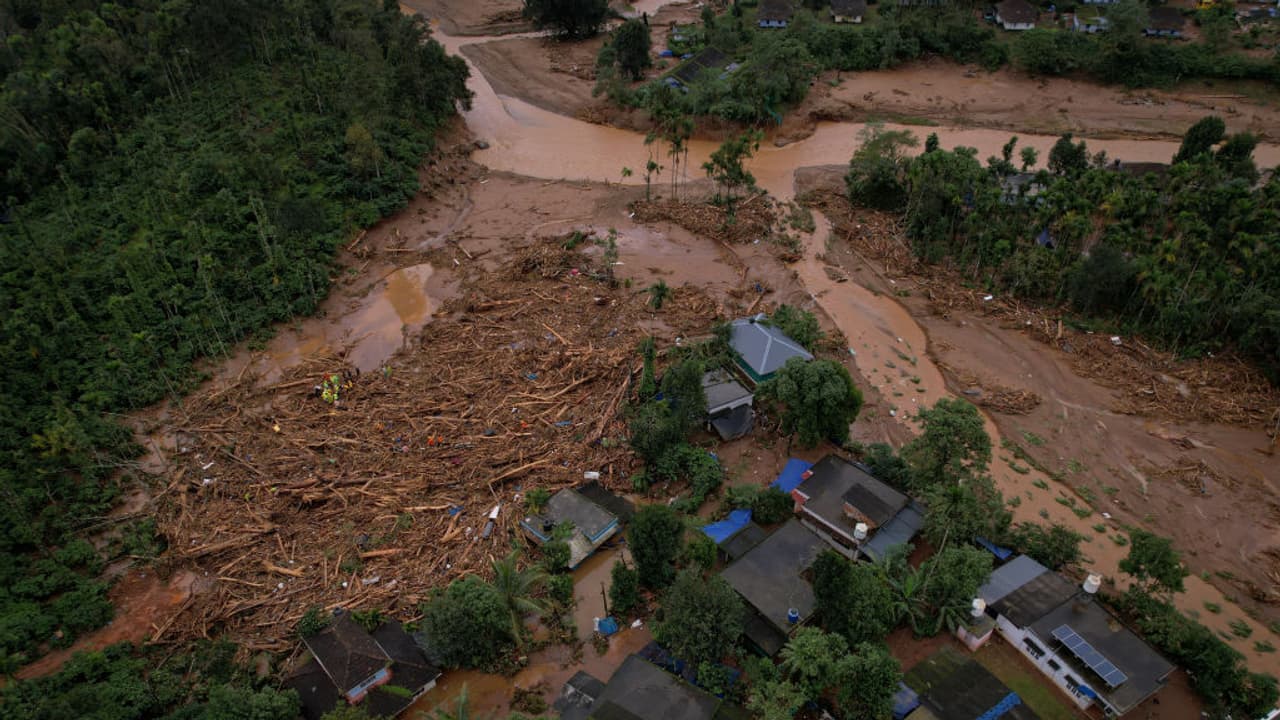The court highlighted that the Centre had approved substantial disaster relief for other states, suggesting an unwillingness to act. Respecting separation of powers, the court indicated it would issue an interim order to halt loan recovery measures.
Thiruvananthapuram: The Kerala High Court on Wednesday, October 8 delivered sharp criticism of the central government’s reluctance to waive loans for Wayanad landslide survivors, questioning why the Centre claims to be constrained by Reserve Bank of India regulations while simultaneously approving substantial disaster relief for other states. A division bench of Dr Justice AK Jayasankaran Nambiar and Justice Jobin Sebastian highlighted the additional central assistance recently approved for Assam, Gujarat, Haryana, Madhya Pradesh, and Rajasthan. During the proceedings, the court indicated it would issue an interim directive halting loan recovery measures against the landslide victims.
The centre said that loan waivers fell outside its jurisdiction, adding that the 2018 regulations address disaster-related matters but does not allow interference in banking operations governed by Reserve Bank of India guidelines. The court strongly rejected this reasoning, questioning why the Centre was using an RBI guideline as an excuse to deny loan waivers. “Union of India has limitation by a RBI circular? Affidavits filed by bureaucrats will not understand the legal significance of what happens in the Constitution. Assam and Gujarat, which were affected by floods and landslides during 2024, were not categorised as severe. And yet you find Rs 707 crore for them. It doesn’t end there. The Committee also approved Rs 903.67 crore to Haryana, Madhya Pradesh, and Rajasthan for expansion and modernisation of fire services,” LiveLaw reported the court as saying.
‘Centre Showing Step-Motherly Attitude’
The judges made clear their view that this represented unwillingness rather than inability. The court stated that this was not a situation where the Union is powerless to act. “It is basically an unwillingness to act on the part of the Union of India. Now if it is an unwillingness to act, you must have the courage to say that and not hide behind this veil of lack of power,” the court said. Despite its strong language, the court emphasised its commitment to constitutional principles. “Having said all this, we can’t be behaving like them. Our sense of Constitutional morality requires us to respect in regard the principle of separation of powers and therefore, we will not issue directions to the Union government.”
Instead, the bench announced it would implead central government-controlled banks including Bank of Baroda and Canara Bank, issue notices to them, and temporarily halt recovery proceedings. The court indicated these institutions would have the opportunity to file responses: “We will give them opportunity to seek a modification of this interim order after filing a counter-affidavit, where they will say whether or not they will waive or not the entire loan. If they are not going to waive the loan, either entirely or partially, then let them give reasons as to why they are insisting on this despite this calamitous situation.” Warning the Central Government Counsel, the bench stated: “If this is going to be the stand of the union government, it is going to be a rough ride. This step-motherly attitude will not run.”
